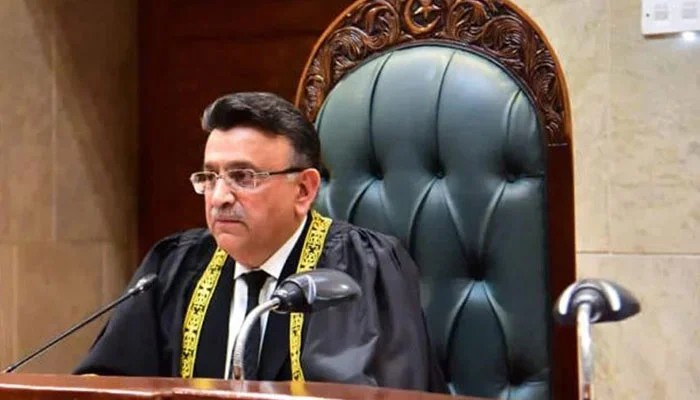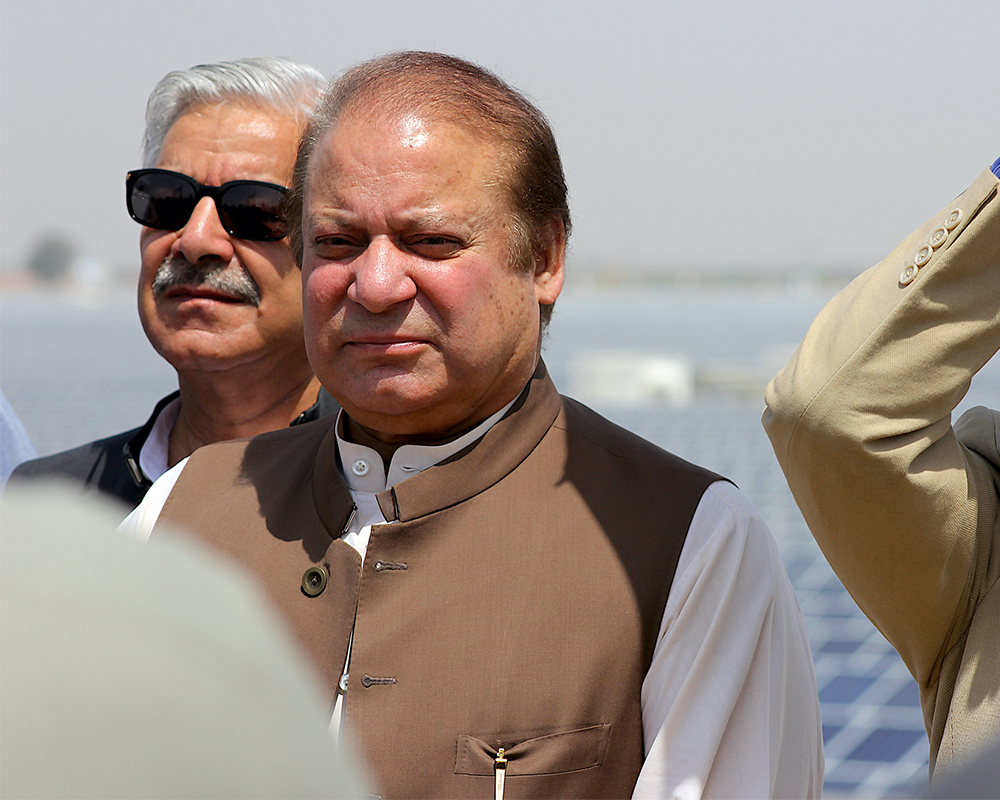In the case against NAB reforms, the Chief Justice of Pakistan, in a three-member bench of the Supreme Court, remarked on the Practice and Procedure Act, stating that an attack on the independence of the judiciary was carried out through this Act, shaking the very foundations of this freedom. The Chief Justice, while heading the bench, conducted a hearing on the case against NAB reforms. He mentioned that one of his fellow judges referred to the Practice and Procedure Act in the case. Perhaps you are not aware, the Attorney General had discussed the compatibility of the Practice and Procedure Act and the Review of Judgments Act with the law. On June 1, 2023, the Attorney General requested more time from the court, and on June 8, the Attorney General stated that corrections will be made in the law after the budget session of the parliament.
The Chief Justice stated that he is unaware of the government’s current stance. Whether they will halt the proceedings on all the cases based on the repealed law, is the first question. The second solution is that the court should continue its work, and the parliament should make decisions. With all due respect, I want to emphasize that this is just an impression that the law exists. If the law exists, then why was the issue of amendments raised?
Advocate Makhdoom Ali Khan requested the court to exercise extreme caution before declaring any law as void. As long as there is no review of a law, it remains in force. The Chief Justice responded to Makhdoom Ali Khan, stating that they are not declaring any law as void.
This case highlights the intricate legal discussions surrounding the Practice and Procedure Act and its implications on the judiciary’s independence. The Chief Justice’s remarks shed light on the delicate balance between law, procedure, and the government’s actions, emphasizing the importance of upholding the rule of law while ensuring a robust legal framework.



